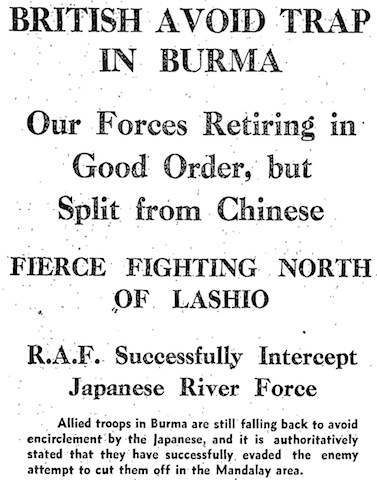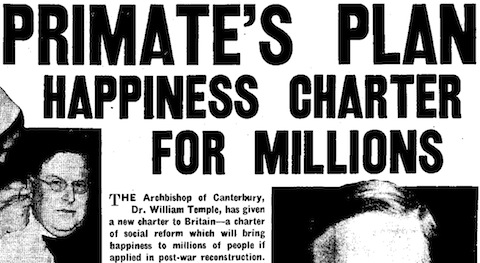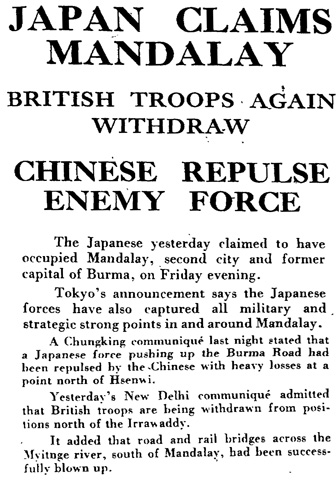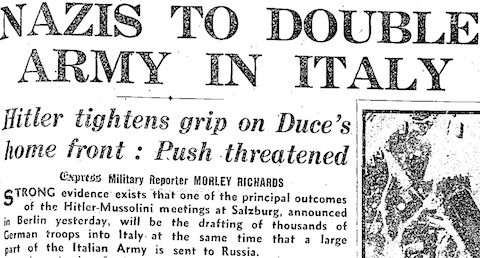My abstract for the Australian Historical Association's 31st Annual Conference, to be held in Adelaide this July, has been accepted. The title and abstract are as follows:
Dreaming war: airmindedness and the Australian defence panic of 1918
Between March and June 1918, Australian newspapers, police forces and military intelligence units were deluged with hundreds of reports of mysterious aeroplanes. They were seen in every state, mostly at night, by men and women, young and old, civilians and soldiers. As there were only a tiny number of aircraft operating in Australia, the sightings were presumed to be German aircraft, perhaps flown from unknown merchant raiders operating in Australian waters or by foreign spies working against Australia. The reports were taken seriously, but investigations by the authorities eventually found nothing to substantiate them. The mystery aeroplanes were phantoms.
Australia had been at war for more than three years. But it was a nation both divided and defenceless. It had gone through two bitterly-fought conscription referenda, and appeared to be threatened from within by immigrants, the Irish and the Wobblies. The vast majority of its military forces were deployed overseas, with little more than poorly-equipped training cadres remaining at home. In March 1918, newspapers carried reports that the German merchant cruiser Wolf, which had been raiding Australian waters the previous year, had flown its seaplane over Sydney unopposed and undetected. A few days later, Germany's Spring Offensive opened, nearly breaking the Allied lines for the first time since 1914. The mystery aeroplanes resulted from a new perception that Australia was directly threatened and that the war could be lost.
In this paper I will discuss what this previously obscure episode reveals about the state of mind of the Australian people after nearly four years of total war. I will compare it with other mystery aircraft panics which preceded and followed it, both in Australia and elsewhere. Finally, I will explore what these transnational phenomena tell us about early airmindedness, or the cultural responses to the coming of flight.
Much more briefly, I'll be looking at the 1918 Australian mystery aircraft scare and trying to place it into the context of what was happening at the time, both domestically and overseas, and using it as a case study to probe mystery aircraft panics more generally and what they say about airmindedness. This is the next phase of my grand plan, i.e. blog -> talk -> publish. I've already blogged about this topic a number of times; expect to see a good deal more about it over the next couple of months.
This is good/exciting and bad/scary for a number of reasons. It's good/exciting because it's the first time I'll be talking (and hopefully publishing) about mystery aircraft, despite it being a major research obsession of mine for more than a decade now. Ditto for airmindedness, despite the name of this blog. It's also good/exciting because I've been awarded an AHA/CAL Travel and Writing Bursary, which includes entry into a workshop and mentoring programme. Which is also bad/scary: that means that instead of writing my paper the night before, as is the time-honoured tradition, I have to have written a formal version two weeks beforehand. So I'm going to be busy. And the other bad/scary thing is: I'm doing Australian history! I must be crazy.






